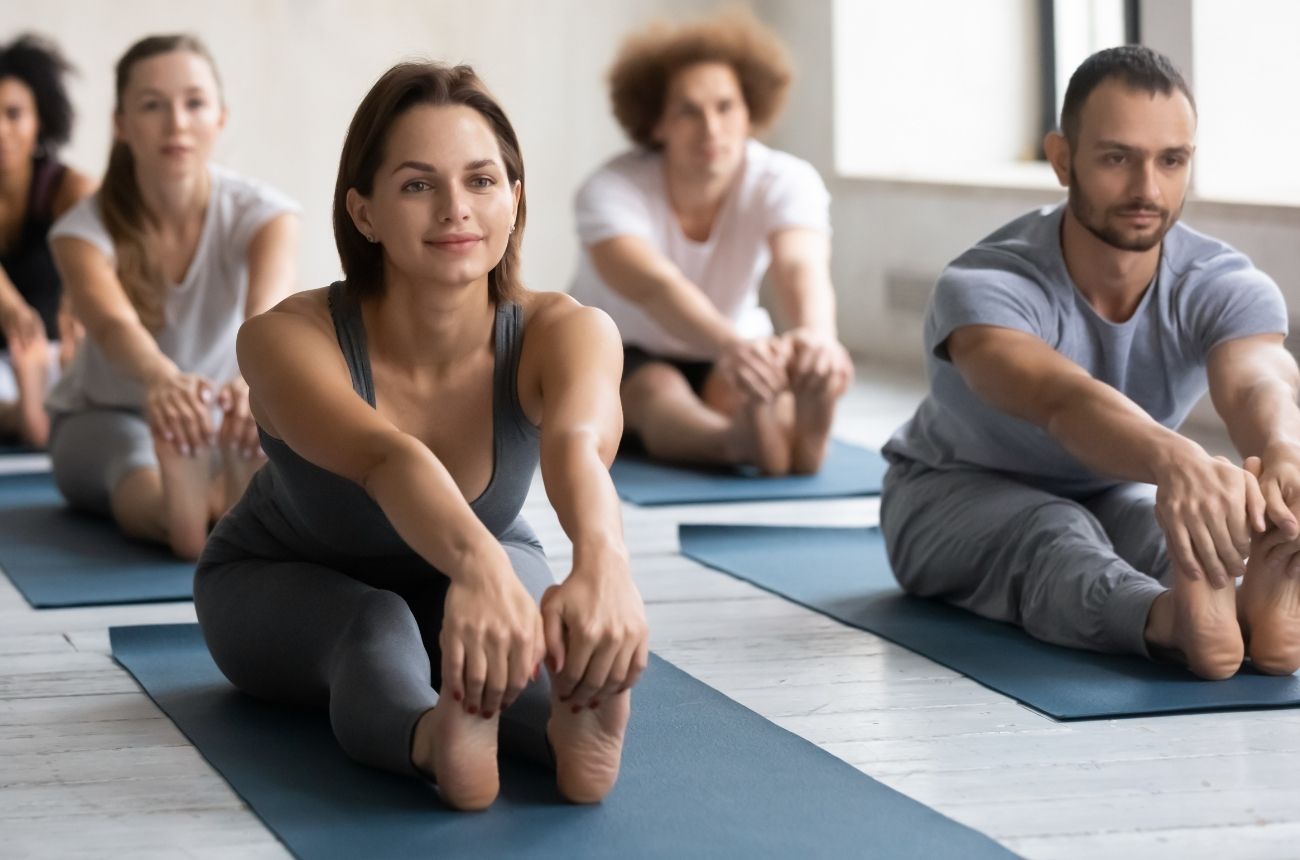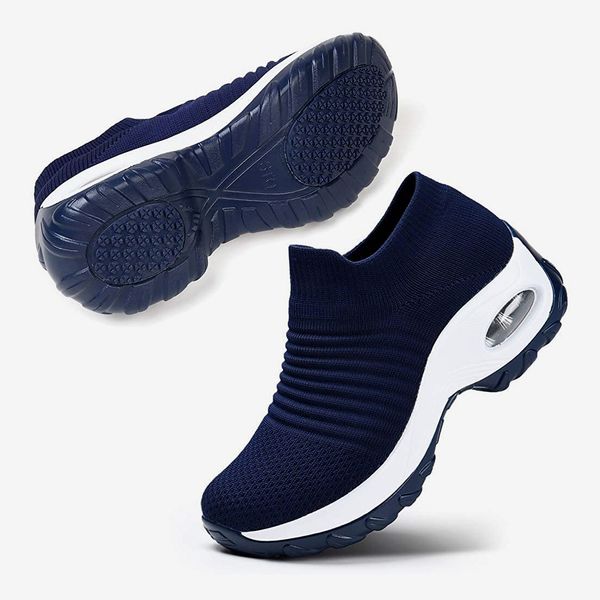
Children can start a healthy lifestyle by becoming a youth fitness trainer. Obesity in schools is a significant problem in many parts of the country. Even the smallest amount can make a difference. Research has shown that just 60 minutes per day of physical activity can significantly lower the risk of obesity. Also, a sedentary childhood could lead to asedentary adulthood.
AFPA
AFPA is an organization that provides certifications for health and fitness professionals. These credentials are amongst the best in their field. AFPA also offers continuing education programs in youth health. You can earn up to 16.0 CEC/CEU credits through its certification programs.

NASM
NASM certifications are a way to teach young athletes and coaches the basics of nutrition and exercise. These certificates are nationally recognized and can help you achieve the job of your dreams.
ACE
You'll be helping shape tomorrow’s leaders by becoming a certified ACE Youth Fitness trainer. A healthy future for our youth is more important than ever with the growing obesity rate. Studies have shown that children who exercise regularly in their childhood are more likely than adults to maintain a healthy lifestyle. Your children's fitness and health can be improved by educating their parents, coaches, and other health care providers.
ACE Youth Fitness
The ACE Youth Fitness Specialist program teaches youth age-appropriate, safe fitness strategies. Its purpose is to help youth develop healthy habits and become more physically active. It is highly beneficial for children of all ages, and can positively impact their health throughout their lives.
IYCA
The IYCA will help you reach your goals if you want to become a youth fitness coach. This certification is the most advanced and comprehensive course in the industry, combining the science and art of coaching to help young people achieve physical fitness and overall health. After you complete the course you can sit for the IYCA youth fitness specialist exam.

TuffStuff
TuffStuff Youth Fitness Compact Station Trainer is an appropriate tool for helping your child to create an exercise program that is safe and fun. It can be used at home, school and in the community by youths. It is the sole supplier for the National Foundation of Governors’ Fitness Councils. The innovative design of the device can be adjusted to suit users of different heights.
FAQ
What should I eat before I work out?
No. You don't need to eat anything before working out. If you feel hungry after working out, it is a good idea to have a light snack like yogurt or fruit.
What does Nutrition do for Your Body?
Nutrition helps your body function properly by supplying all the nutrients needed for proper growth and development. To ensure that your body receives adequate nutrition, it is best to eat a balanced meal with lots of fruits and vegetables, lean protein, whole grain, as well as healthy fats.
How does caffeine affect my sleep?
Caffeine influences how quickly and how well you fall asleep. Caffeine induces drowsiness which makes it easier to fall asleep. The downside is that caffeine keeps you awake longer making it harder for you to fall asleep again. If you drink coffee or energy drinks right before bedtime, try drinking them later in the evening instead.
Do I need to drink alcohol while working out?
Alcohol has calories, so it's not recommended to consume large amounts while working out. A moderate amount of alcohol, one drink per day, may be beneficial for endurance during exercise. It can also help reduce fatigue and muscle pains caused by intense exercise.
Can I exercise after eating?
It all depends on which type of exercise you are performing. Avoid strenuous activities after meals because they can cause stomach cramps. Light aerobic activities such brisk biking and walking are better.
Statistics
- Globally, 81% of adolescents aged 11-17 years were insufficiently physically active in 2016. (who.int)
- Physical activity confers the following maternal and fetal health benefits: a decreased risk of pre-eclampsia, gestational hypertension, gestational diabetes (for example, 30% reduction in risk) (who.int)
- Globally, 28% of adults aged 18 and over were not active enough in 2016 (men 23% and women 32%). (who.int)
- Adolescent girls were less active than adolescent boys, with 85% vs. 78% not meeting WHO recommendations of at least 60 minutes of moderate to vigorous intensity physical activity per day. (who.int)
External Links
How To
How to Stay Fit When You're 40
This article is for those who want their body to be strong and healthy even after they turn 40. It provides some basic advice about how to eat right and exercise well as how to take care of your mental wellbeing. This article gives tips on how to live longer and healthier.
-
Eat right - It is important to eat the right food when you are trying to lose weight. You should try to avoid processed food products and opt for whole grains, fruits, vegetables, lean meats, fish, nuts, seeds, and beans. If you don't like what you're eating, just add something else to your diet. Do not starve yourself, this will not help with weight loss. Start incorporating small amounts of new foods into your daily diet. Try turkey once a week if you usually only eat chicken breast. Or if you love pasta, try rice occasionally. Make these foods part of your daily routine.
-
Exercise - You should exercise at least three days per week. Include cardio activities such walking, running swimming biking, cycling, and dancing. Also, make sure you get enough rest. It is recommended that you sleep for at least 8 hours each night. Make sure to drink lots of water throughout your day. Two liters (0.5 gallons), of water should be consumed each day.
-
Sleep Well - Getting adequate sleep is essential to staying fit. The National Sleep Foundation estimates that adults need to get 7-8 hours sleep each night to achieve optimal physical and psychological health. However, most people average less than 6 hours of sleep per night. You might consider changing your sleeping patterns if you feel tired all day. By changing your sleeping time, you will be able to catch up more sleep. To help you relax and wind down, turn off your phone before you go to bed. Avoid caffeine after noon, as it can cause sleeplessness.
-
Take Care of Your Mental Health. Taking care of yourself is key to maintaining a healthy body. Stress can cause poor eating habits and unhealthy lifestyle choices. Stress management techniques such meditation, yoga and breathing exercises are important. Do something that is enjoyable for at least an hour. You can do this by going for a walk or reading, playing sports, listening to music, or watching TV.
The four above points will make you live longer and more healthy. These are simple steps that will help you reach your fitness goals.